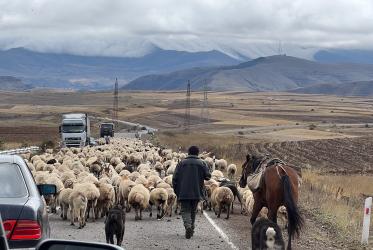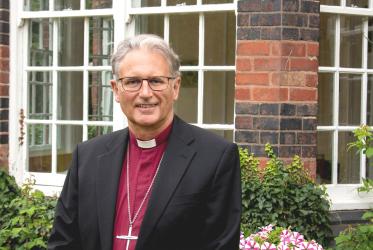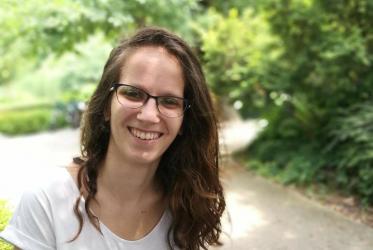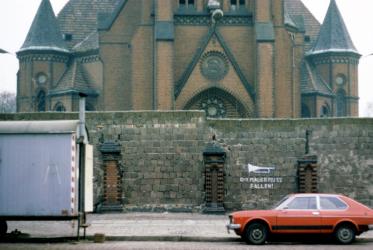Displaying 1 - 18 of 18
WCC delegation witnesses Azerbaijani forces shelling of Armenian enclave
25 September 2023
"A world free from nuclear weapons is possible"
11 September 2023
“Coventry Cathedral continues to speak a word of hope to the world”
10 December 2020
Churches should use their voice on climate change
26 February 2020
WCC pressing ahead with disarmament work
28 August 2019
WCC celebrates life of Archbishop John Habgood
18 March 2019
WCC congratulates Nobel Peace Prize laureate ICAN
06 October 2017
WCC expresses support for Swedish ban on nuclear weapons
19 September 2017
Religious leaders urge a ban on fully autonomous weapons
02 April 2015
WCC mourns the death of Leopoldo Niilus
10 February 2015
The Berlin Wall: looking back, looking forward
07 November 2014














